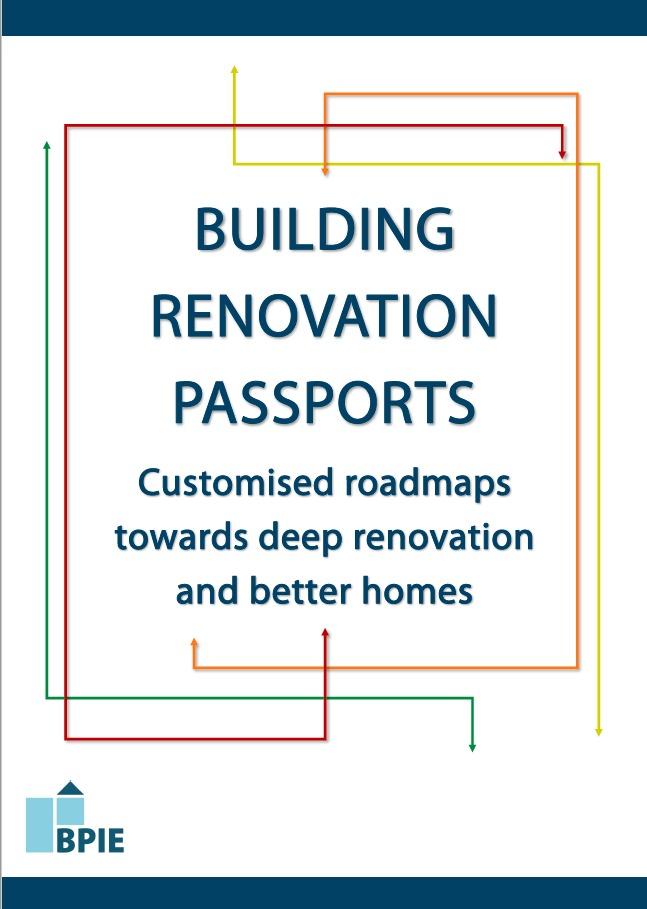Building Renovation Passports – Customised Roadmaps Towards Deep Renovation and Better Homes

Just when the release of the Energy Efficiency Package is postponed, the Buildings Performance Institute Europe (BPIE) provides an insightful research on building renovation passports, an evolution of Energy Performance Certificates. Building renovation passports are a perfect tool to reach the EU climate goals, leading to better buildings performance and more comfortable homes.
Several voices, including the European Commission, highlight the role that consumers should have in the energy transition and in realising the EU’s climate change mitigation objectives. To do so, consumers need transparent and objective tools that take into account their needs. Building owners face multiple barriers to improve the energy performance of their buildings, including the difficulty to access finance and a lack of knowledge about what to do, where to start, what measures to implement and in which order.
In this new paper, BPIE suggests to evolve EPCs into Building Renovation Passports, based on three examples from the Belgian region of Flanders (“Woningpas”), France (“Passeport Efficacité Énergétique”) and Germany (“Individueller Sanierungsfahrplan”), that received public authorities support. Building renovation passports are centred around the combination of technical on-site energy audits and quality criteria established in dialogue with building owners. The result is a user-friendly long-term roadmap that owners can use to plan deep renovations, gather all relevant building information in a sole place and get an upto-date screenshot of the building across its lifetime, with information about comfort levels (air quality, better daylight entry, etc.) and potential access to finance.
Energy Performance Certificates are a tool introduced in the Energy Performance of Buildings Directive. Despite their potential to support building users and owners in saving money and in improving their building’s energy performance, EPCs are rarely wellimplemented on the ground, with the required recommendations mostly scarce, too general, or non-existent in most national EPCs. EU Member States have implemented the scheme with different approaches in terms of comprehensiveness and quality assurance1 resulting in limited market uptake, low reliability and users’ acceptance.
To be effective and drive market transformation, EPCs should contain useful, tailor-made and understandable information directly related to the decision-making criteria of building owners and potential investors. The revision of the EPBD offers the opportunity to reconsider the role of EPCs and support their evolution into Building Renovation Passports.
Find the report and its short summary



